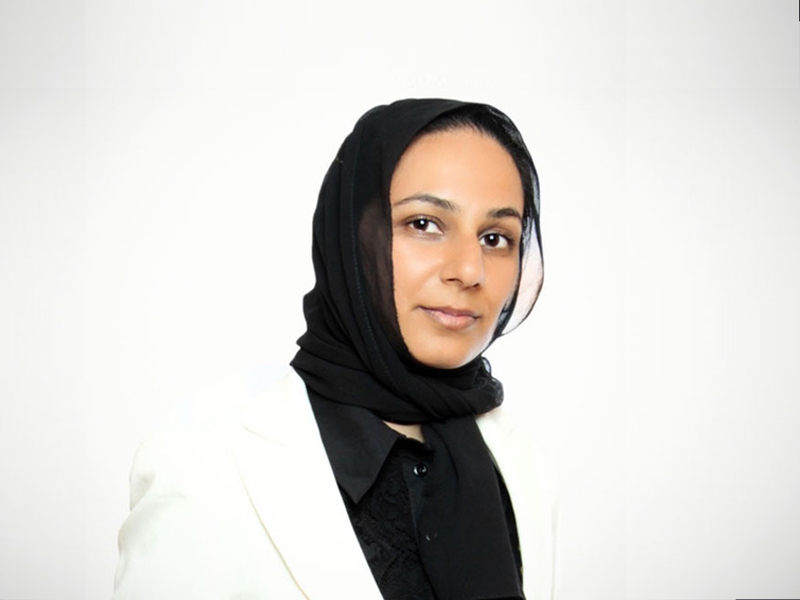
Previous organisations she has worked for include; Merrill Lynch International Bank (where she was heading up their Islamic finance wealth management business). Deutsche Bank, Barclays Bank, Toronto-Dominion Bank and National Bank of Dubai (Emirates NBD).
Samina specialises in the field of Islamic and ethical finance, she has long-established working relations with governments, investment banks, corporate investors, trade organisations and senior industry executives.
Her exceptional contributions to the Islamic finance industry have won her immense respect, public recognition and multiple business awards. She is a recipient of the United Nation’s Women’s Federation for World Peace award. Samina won numerous internal Merrill Lynch leadership awards during her time with the bank. Other accolades being shortlisted in the European Muslim Women of Influence list. She has been recognised by Islamic finance review ISFIRE as being among the 20 most distinguished women in Islamic finance globally; with a number five ranking’. More recently Samina has been awarded the Freedom of the City by the City of London.
Samina runs her own consultancy firm (Samak Ethical Finance) and is also founder of the Women in Islamic & Ethical finance forum (WIEFF) which has over 10,000 professional members from more than 35 counties.
Samina has read Philosophy and holds a Masters degree in Psychology of Religion from Heythrop College, University of London.
The one action I would like to see organisations, the government and other key stakeholders, take to drive gender equality, is to focus their attention in engaging more men in the fight for women empowerment.
According to the United Nations Department of Economics and Social Affairs, in terms of power and decision making, women held only 28% of managerial positions globally in 2019 – almost the same proportion as in 1995. And only 18% of enterprises surveyed had a female CEO in 2020. Gender Equality – which is SDG 5, aims to end all forms of discrimination against women and girls – according to the UN, we are ‘tremendously off track’ to meet this goal, the latest available data according to the “Progress on the Sustainable Development Goals: The gender snapshot 2022.” also show the the world in not on track to achieve equality by 2030.
Involving men who are the world’s major decision makers in most sectors, can fast track this progress; male allies can support gender equality by challenging behaviours in their own circles. They can also call out sexist behaviour in the work environment, and the wider society.